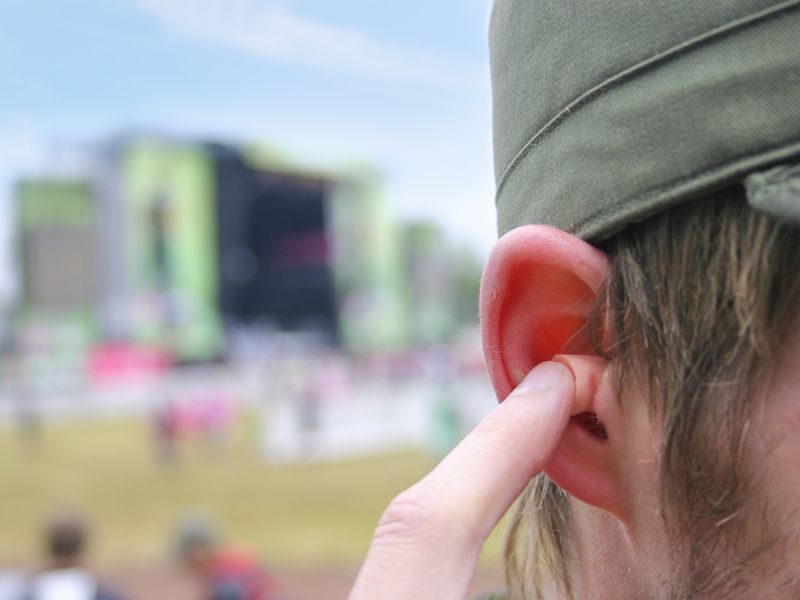
If you’re exposed to loud noises, for example running a lawnmower in your yard, going to an arena to see your favorite band play, or simply sleeping at home beside a snoring spouse, earplugs might be practical. Turning down the sound level is the way earplugs help in the first two instances. They assist in saving your sanity and possibly even your relationships, in the last instance, by letting you get a good night’s sleep. But are your ears being harmed by these protectors?
Why Utilize Earplugs at All?
It’s a pretty simple argument for wearing earplugs: Properly used, earplugs can help safeguard your hearing by minimizing your exposure to extreme decibel levels. Maybe you’ve noticed that your hearing sounds different when you leave a loud venue, for instance, a football game with a loud crowd, and you could also experience symptoms of tinnitus. This happens because those super-loud noises actually bend the small hair cells in your inner ear. In a day or two, when the hairs have recovered, it generally goes away.
But in a few particular instances, there is a relentless assault on those tiny hairs, especially if you work in a high volume industry like construction or in an airport. In this situation, those hairs never get better, they are permanently injured. You’ve got around 16,000 of those little cells inside each cochlea, but up to 50% of them can be injured or ruined before your hearing has altered enough for the deficiency to show up in a hearing assessment.
Is it a Possibility to Harm Your Hearing by Wearing Earplugs?
When it comes to safeguarding your ears, it seems like it would be a no-brainer to utilize earplugs. But particularly if you’re in situations where you’re subjected to loud noises on a regular basis (like on the job or when your spouse snores as mentioned), over-the-head earmuffs or noise-reducing (but not completely blocking) headphones are a smarter choice. Earplugs are better applicable to one-off scenarios like a sporting event or concert than for day to day use.
Why? The first problem is, earwax. In order to protect themselves, your ears create earwax, and if wearing earplugs is something you do all of the time, they’re going to generate more of it, and you’re likely to push it in with the plugs. Tinnitus and other complications can be the outcome from impacted earwax.
Ear infections can be another problem for those who use earplugs. If you continuously use the same pair, and you fail to clean them from use to use, they can become breeding grounds for bacteria. At the very least, ear infections are a disturbance to your life. But at the worst-case-scenario end of the spectrum, they can also result in a loss of hearing if neglected.
How Can You Make Use of Earplugs Safely?
Earplugs still have a strong benefit, whether it’s protecting your hearing or enjoying a peaceful night’s sleep. You just need to be certain you’re using the proper kind and utilizing them the right way. The porous material of foam earplugs is a germ paradise so it’s a good thing they are the least expensive. Wax or silicone earplugs are reusable, but you need to keep them sanitized, wash them with warm water and mild soap to cleanse them, and don’t put them back in your ears until they’re totally dry. It’s also a good plan to keep earplugs in a ventilated place to prevent moisture, or worse, bacteria or mold, from building up.
You might want to get in touch with us concerning custom fit earplugs if you need or want them frequently. They are comfortable because they’re made from molds of your ears and they are reusable. But it’s important not to forget, smart earplug hygiene can prevent hearing impairment.

